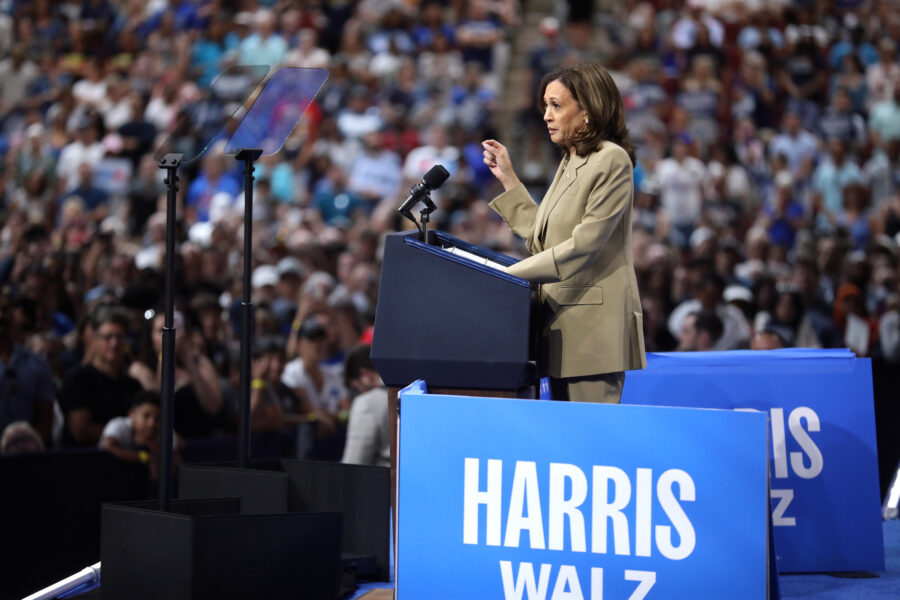With the 2024 presidential election quickly approaching, Vice President Kamala Harris, the Democratic nominee, has unveiled a detailed plan to bolster support for rural communities across the United States. The Harris-Walz campaign outlines these initiatives in a newly released two-page document, which emphasizes significant federal funding and expanded support for small businesses, rural education, and job creation programs.
The campaign takes a firm stance against the policies of former President Donald Trump, warning they “will leave rural America behind.” Among the key proposals is a commitment to re-capitalize and expand the Treasury Department’s State Small Business Credit Initiative (SSBCI), focusing on entrepreneurs and small business owners in rural and underserved communities. Harris also plans to invest in technical and higher education in rural areas, aiming to connect local high schools with small businesses to foster workforce development.
A Harris-Walz administration would allocate additional funding to the Biden-Harris-launched Rural Partners Network (RPN), which is designed to promote prosperity in rural regions by facilitating access to federal funds and helping local leaders navigate federal programs.
Additionally, Harris has committed to expanding contract opportunities for small businesses, particularly in rural communities, that provide goods and services to the federal government—an area historically dominated by larger corporations.
On the issue of agricultural consolidation, Harris has pledged to grant the Federal Trade Commission increased authority to curb monopolistic practices in the food industry, which, she argues, negatively impact farmers, workers, and consumers. The campaign contrasts this with the Trump administration’s track record, stating Trump “enabled corporate meatpackers and agribusinesses to run family farms out of business” while cutting funding for key rural housing and food programs.
The document highlights Harris’s connection to rural voters, noting her and her running mate Governor Tim Walz’s roots in agricultural states—California and Nebraska, respectively. Walz’s experience as a former congressman for a rural district, where he helped craft and pass three Farm Bills, is spotlighted as evidence of his commitment to rural America.
“I came to Congress to write farm bills. I came to get policy right,” Walz said in 2018, referring to his work on the 2008, 2014, and 2018 bills.
The campaign also points to Harris’s accomplishments, such as expanding healthcare and disability benefits to over 4.4 million veterans through the passage of the PACT Act. This legislation, signed by President Joe Biden in 2022, applies to veterans exposed to toxins like burn pits and Agent Orange, with a notable impact on those living in rural areas.
In addressing the opioid crisis, the Biden-Harris administration has increased access to naloxone, a critical drug that reverses opioid overdoses. This is particularly important in rural areas, where the opioid overdose rate is 45% higher per capita than in urban centers, according to federal data.
Rural healthcare access has also been a priority, as over 100 rural hospitals closed between 2013 and 2020, forcing residents to travel greater distances for medical services. The administration’s efforts to increase funding for rural hospitals aim to alleviate these challenges and bring care closer to residents.
As the campaign continues, Harris and Walz aim to show that their policies will support not only urban centers but also the communities at the heart of rural America.






